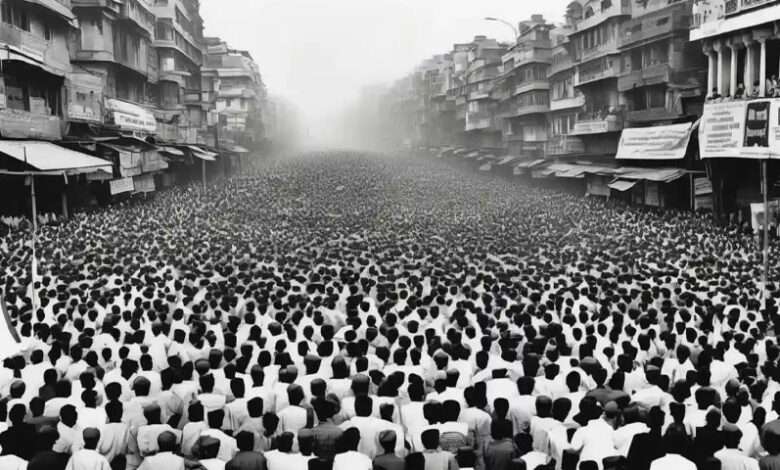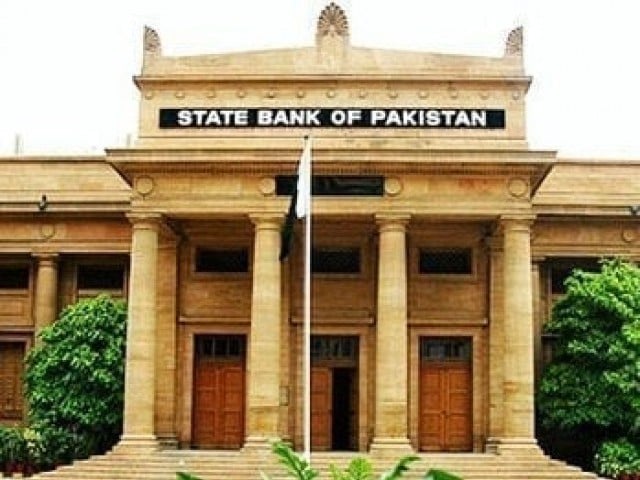Imran Khan Threatens to Launch Civil Disobedience Movement After December 14

Islamabad:Pakistan Tehreek-e-Insaf (PTI) founder **Imran Khan** has once again threatened to launch a civil disobedience movement starting **December 14** if judicial investigations into the **May 9** and **November 26** incidents are not conducted. Speaking from **Adiala Jail** in Rawalpindi, Imran Khan announced that the first phase of the movement will involve urging Pakistanis abroad to stop sending remittances to the country.
This is not the first time Imran Khan has called for civil disobedience. In **2014**, during the **126-day-long sit-in** in Islamabad, he had announced a civil disobedience campaign where he set fire to **electricity bills**. However, reports later suggested that Khan himself paid his electricity bill, rendering the movement unsuccessful.
### What is Civil Disobedience?
Civil disobedience is a peaceful form of protest where individuals refuse to comply with certain laws or regulations imposed by the government, especially those they deem unjust. It often involves boycotting taxes, refusing to use government services, or engaging in protests that defy government-imposed restrictions. The goal is to create enough pressure on the government to force a change in its policies.
### Historical Context of Civil Disobedience in Pakistan
Pakistan has seen several instances of civil disobedience in its history:
1. **1958-1969**: Lawyers, students, and student unions called for civil disobedience against **Ayub Khan’s military regime**.
2. **1970**: **Sheikh Mujibur Rahman** called for civil disobedience in East Pakistan (now Bangladesh) to demand the acceptance of the election results.
3. **1981-1986**: The **Pakistan Peoples Party (PPP)** led a series of civil disobedience movements under the **Movement for the Restoration of Democracy (MRD)** against military rule.
### Global Examples of Civil Disobedience
Civil disobedience has a long global history:
1. **1846**: **Henry David Thoreau**, an American philosopher, refused to pay taxes in protest against the **Mexican-American War**.
2. **1915-1947**: **Mahatma Gandhi** led various civil disobedience movements in India against British colonial rule, including the **Salt March** and the **Quit India Movement**.
3. **1960s**: **Martin Luther King Jr.** in the United States led civil rights protests, including **sit-ins** and **marches**, to challenge racial segregation.
4. **1990s**: In **South Africa**, **Nelson Mandela** and **Desmond Tutu** led movements against apartheid, using civil disobedience to demand political and social change.
### Will Imran Khan’s Civil Disobedience Movement Succeed?
Imran Khan’s latest call for civil disobedience has sparked widespread political debate. While his movement aims to pressure the government into investigating the events of May 9 and November 26, the success of this campaign depends on public participation. If large numbers of Pakistanis, especially those abroad, participate, it could have a significant impact on the country’s economy, particularly in terms of remittances.
However, history shows that civil disobedience movements require widespread support to be effective. The success of this movement will largely depend on how the government responds and how many people align themselves with Imran Khan’s call.
**Conclusion:**
Civil disobedience has been a powerful tool for political change in history, but its success relies on popular participation and government responses. Imran Khan’s new movement could shape Pakistan’s political landscape, depending on the level of public engagement and government actions in the coming weeks.






